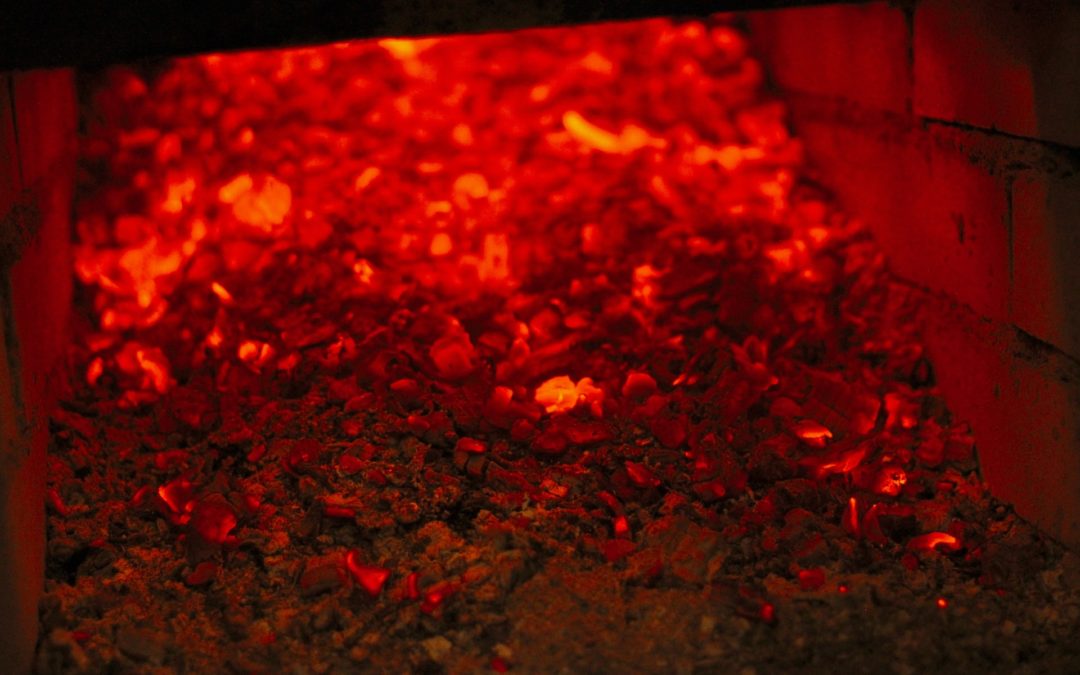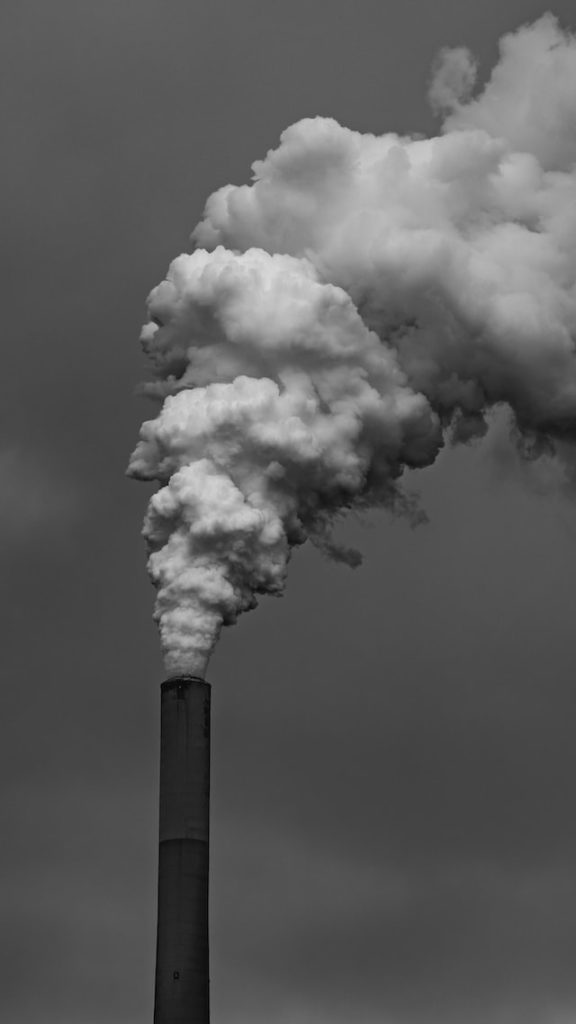
High temperature heat-pumps: a sustainable and efficient solution through industrial decarbonisation
Decarbonisation of the industrial sector is currently is at the heart of the European agenda, as it seeks to reduce greenhouse gas emissions and achieve agreed climate targets. The European Union aims to be climate neutral by 2050; that is to say, it has set itself the goal of having an economy with zero net greenhouse gas emissions. According to Eurostat, the industrial sector accounts for approximately 20% of total greenhouse gas emissions in Europe. Action in this area is therefore crucial in the fight against climate change.
An increase in the energy efficiency of industry in Europe is essential to reach the climate targets mentioned above and one effective way to address this is the utilisation and revalorisation of waste heat produced in industrial processes. This can be achieved through high-temperature heat pumps, which operate without electricity consumption and use waste heat to produce energy-intensive thermal energy and for industrial processes. The integration of these technologies could potentially cover 15.3% of the thermal demand of industrial processes. To learn more about heat pumps I invite you to visit the following article on our blog where you will find a very encouraging perspective on these technologies.

Furthermore, the potential integration of renewable energies is essential for change and these technologies can work in a complementary way with renewable energy sources such as solar thermal energy.
CARTIF is part of the PUSH2HEAT project consortium, a research and development project in the field of industrial decarbonisation. It´s a project funded through the Horizon Europe research and innovation programme that aims to overcome the barriers to the deployment of high temperature heat pump technologies for a better use of heat in the industrial sector. The market for such technologies is currently limited, but with the creation and implementstion of appropiate exploitation roadmaps and business models, very promising figures can be achieved on the road to emission reductions in the energy sector. Based on an estimated annual process heat demand of 298TWh between 90 and 160ºC that could potentially be covered by heat pump technologies and assuming a COP of 4 for the heat pump, 45Mt of CO2eq emissions could be avoided by switching from gas boilers to these electrically driven technologies. This corresponds to approximately 8.3% of the overall UE27 greenhouse gas emission reduction target from 2020 to 20230.
PUSH2HEAT, with a duration of 48 months, will bring together experts from different fields to drive the market and address existing technical, economic and regulatory barriers to waste heat recovery through large scale demonstration of heat-enhancing technologies in various industrial contexts with supply temperatures between 90 and 160ºC.
CARTIF is delighted to work with a consortium that is motivated to achieve satisfactory results to the challenges posed in the project and to continue with the necessary energy transition for a more sustainable future at the industrial sector.
If you want to keep up to date with the process, stay tuned for the results!